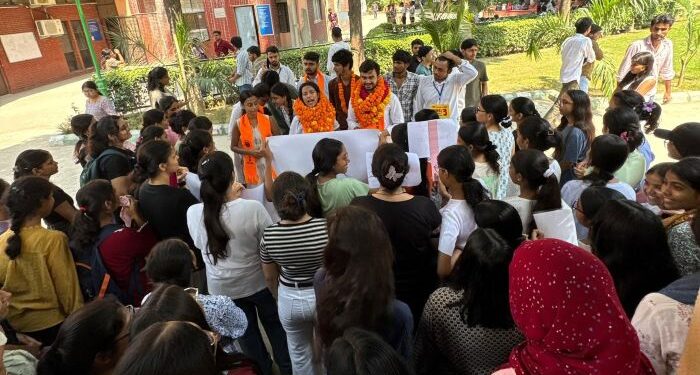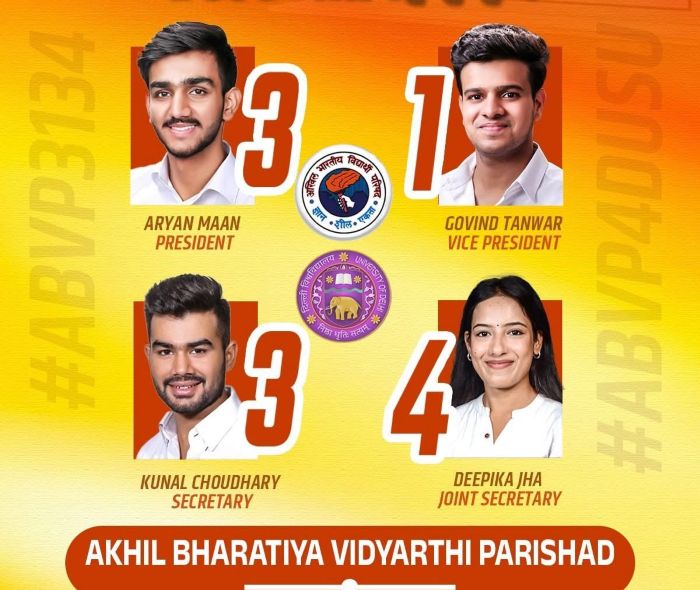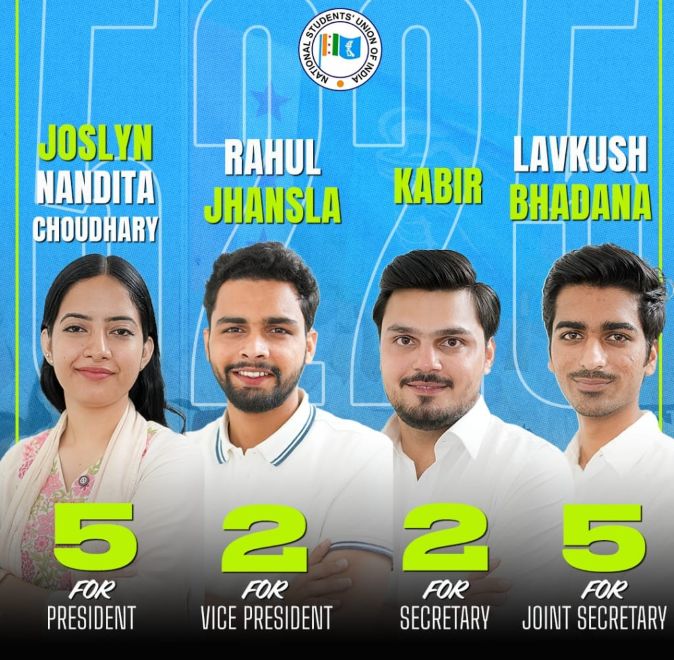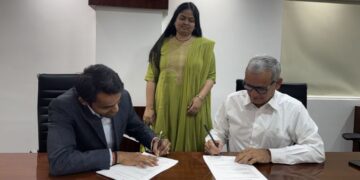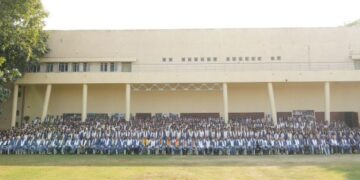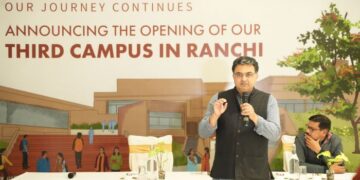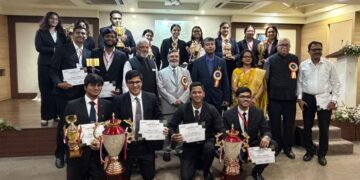The high-stakes 2025 DUSU elections, a tightly managed campus contest primarily fought between panels backed by the ABVP and NSUI, with several Left and independent formations also in the race, are taking place today (September 18). Polling is being conducted in two sessions — morning for day colleges and evening for evening classes — with counting and results scheduled for the following day. In all, 21 candidates have been cleared to contest for the posts of President, Vice-President, Secretary, and Joint Secretary, with Electronic Voting Machines (EVMs) being used.
ABVP, positioned as the principal challenger seeking to regain lost ground, has fielded a full panel for the four top posts. NSUI, aiming to consolidate its recent gains, is contesting with a complete panel as well. Left-affiliated groups such as SFI, AISA, and several independents have fielded candidates in specific colleges and constituencies.
Under heavy judicial scrutiny and reinforced law-and-order measures, the traditional theatre of boisterous student campaigning has been replaced by restrained outreach and digital mobilisation. With strict model-code and visibility limits in the final stretch, campaigning shifted significantly towards digital platforms — WhatsApp networks, short videos, targeted social media messaging, and hyper-local contact trees often anchored in senior–junior college networks and societies. Earlier rounds of posters and physical rallies were scaled down as the university and court emphasised order.
Still, traditional ground mobilisation remained decisive: booth management, voter reminders, and assistance with transport continued to matter, particularly in constituencies where fraternities or local college societies exert strong influence.
The campaign revolved around campus-centric demands:
- Hostel and mess facilities
- Library access and extended hours
- Campus safety, especially for women
- Transparency in fees and administration
- Placement and career support
National political narratives were often interwoven with these local issues, helping parties mobilise wider student support.
The possible outcomes of the DUSU elections span three broad scenarios. An NSUI victory would signal continuity in campus policies, strengthen Congress-linked student networks, and underline sustained support from urban youth. An ABVP rebound, particularly if it captures the President’s post or other key positions, would mark a resurgence of nationalist student politics and boost the morale of right-leaning campus cadres. A fragmented outcome, with mixed winners or independents breaking through, would create a fractured mandate that pushes DUSU towards negotiation, coalition-building, and pragmatic problem-solving rather than grand public shows. In all cases, college-level micro-politics and constituency-specific ground games are expected to play a decisive role in shaping the final verdict. Currently NSUI (president & Jt Secy) and ABVP (VP & Secretary) share two posts each in DUSU.
Whichever panel wins, the outcome will serve both as a political signal and as a measure of how effectively campus politics can operate under the new order of judicial oversight and controlled celebration.


